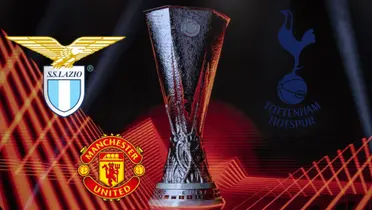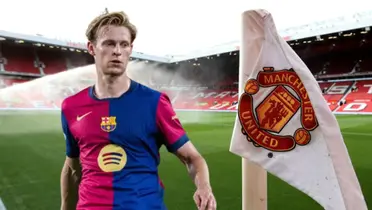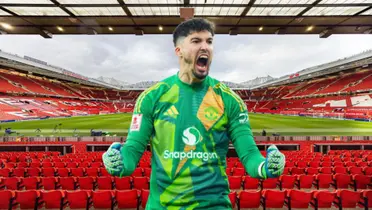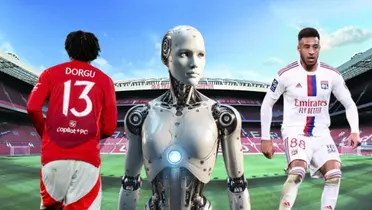How have the Glazers transformed the identity of Manchester United?
The Glazers' impact on club culture: Have they changed the essence of Manchester United?

The acquisition of Manchester United by the Glazer family in 2005 marked a before and after in the club's history. Since then, the management of the American owners has been the subject of intense debates and controversies, generating a deep division among fans. Have the Glazers prioritized the commercial aspect over the sporting one, thus altering the essence of the club?
We, as sports journalists, have closely followed the evolution of Manchester United under the Glazers' direction. Through interviews, analysis, and monitoring of public opinion, we have tried to understand the true impact of their management on the club's culture and identity.

The Glazers' legacy: Finance vs. tradition at Old Trafford
The Glazers' financial management has been one of the most criticized points. The club's debt increased significantly after the acquisition, and the dividends paid to the owners have generated outrage among fans. They argue that these funds should have been reinvested in the team and infrastructure.
However, it is also true that Manchester United has made high-profile signings during the Glazer era. Players like Cristiano Ronaldo, Ángel Di María, and Paul Pogba arrived at the club for multimillion-dollar figures. Nevertheless, sporting results have not always accompanied these investments. The lack of major titles in recent years has fueled fan discontent.

The voice of the fans: What do Manchester United supporters think?
Protests against the Glazers have been a constant in recent years. Fans have expressed their frustration through demonstrations, banners, and social media campaigns. The hashtag #GlazersOut has become a symbol of widespread discontent.
Former players and club legends have also raised their voices. Gary Neville, for example, has been a staunch critic of the Glazers' management, questioning their lack of commitment to Manchester United's values and tradition. Public opinion is divided, but the feeling that the club has lost its identity is increasingly strong.

Manchester United in the 21st Century: A global brand or a football club?
Manchester United's commercial expansion has been remarkable under the Glazers' direction. The club has become a global brand, with sponsorships and commercial agreements worldwide. However, some argue that this prioritization of the commercial aspect has come at the expense of the sporting one.
Manchester United's identity has been diluted in the globalization process. The values of struggle, sacrifice, and commitment that characterized the club seem to have taken a backseat. The comparison with other European giants, such as Bayern Munich or Real Madrid, highlights the differences in management models.

The future of Manchester United: What awaits the Red Devils?
The possible sale of the club has generated great anticipation among fans. Rumors and purchase candidates circulate constantly in the media. The uncertainty about Manchester United's future is palpable.
The recovery of sporting glory is the great challenge facing the club. Fans demand an ambitious sporting project, with committed players and a coach capable of returning the team to the top. The role of the supporters will be fundamental in this process.
The Glazers' impact on Manchester United's culture is undeniable. Financial management, commercial expansion, and sporting results have generated a deep debate among fans. Public opinion is divided, but the feeling that the club has lost part of its identity is evident.
The Glazer era has left a deep mark on Manchester United. The club's future will depend on its ability to recover its essence and reconnect with its values and tradition.
What you should know about the Glazers' impact on Manchester United:
- Significant increase in the club's debt.
- Payment of substantial dividends to the owners.
- High-profile signings with irregular sporting results.
- Widespread fan discontent, with constant protests and demonstrations.
- Debate about prioritizing the commercial aspect over the sporting one.
More news
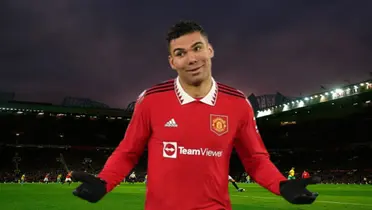
The Numbers Don't Lie: Casemiro's Dominance Returns
31/03/2025

United's Dream Pairing: The Duo Fans Are Eager to See
31/03/2025
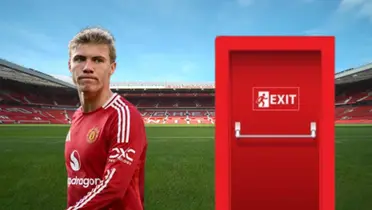
Hojlund's Fate: Will He Stay or Leave Man United?
31/03/2025
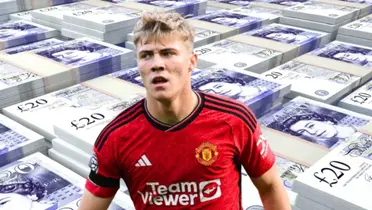
Højlund's Plummeting Value: A Cause for Concern at Man United
31/03/2025
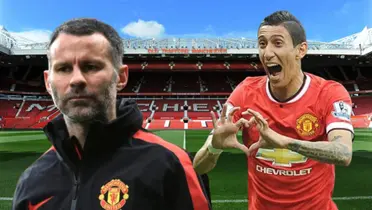
Giggs' Misjudgement: Depay's Free-Kick Hopes Fall Flat
31/03/2025
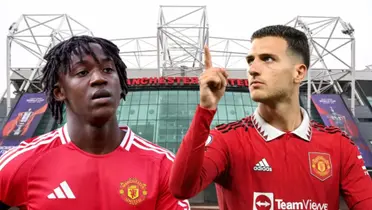
Man United's Summer Clearout: Players on the Chopping Block
31/03/2025
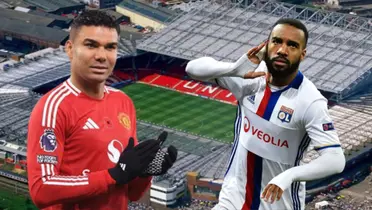
Financial Divide: Man United's Value Dwarfs Olympique Lyon's Squad Cost
30/03/2025
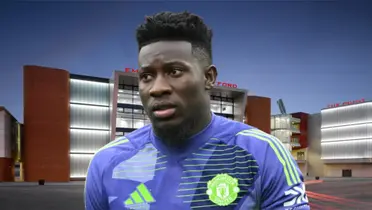
Onana Exit Rumors Swirl: How the Goalkeeper Is Responding
30/03/2025
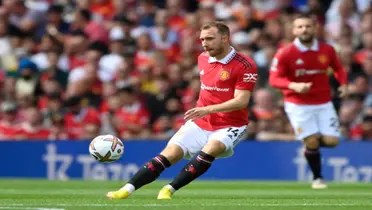
Eriksen breaks the silence about the rumors of not renewing
30/03/2025
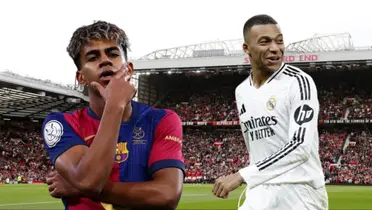
World-Class Player Available: Romano Reveals Transfer Bombshell
30/03/2025
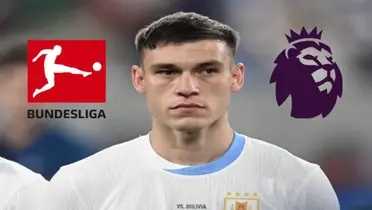
Ugarte's Premier League Insight: Key Differences From Ligue 1 Revealed
30/03/2025
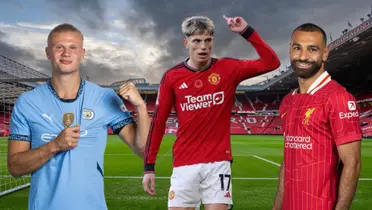
Garnacho Outshines Salah and Haaland: A Stunning Statistical Triumph
29/03/2025
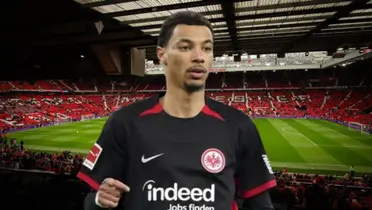
Ekitike's Staggering Stats: Why Man United Are Keen
29/03/2025
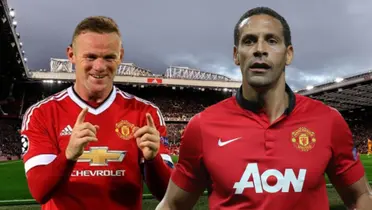
Beyond Legends: The United Player Who Rewrote Investment History
29/03/2025
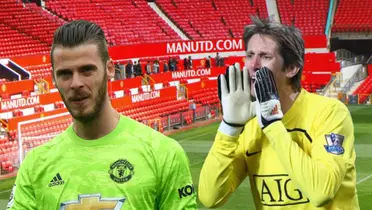
Manchester's Goalkeeping Giants: Who Reigns Supreme?
29/03/2025
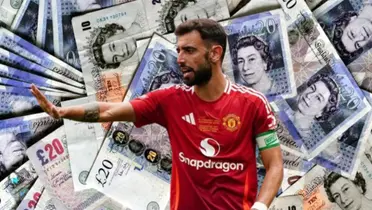
Fernandes' Fortune: Unveiling the Price Tag of United's Captain
29/03/2025
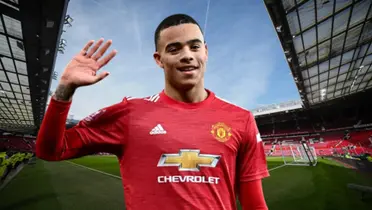
The Manchester United jewel that was rumoured for Barcelona ended up in an exotic league
29/03/2025

Father's Faith Pays Off: 100 Pound Bet on Son's United Debut
29/03/2025
